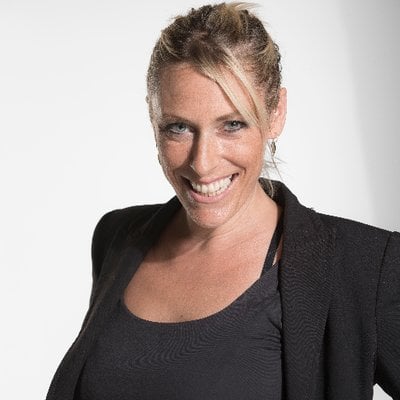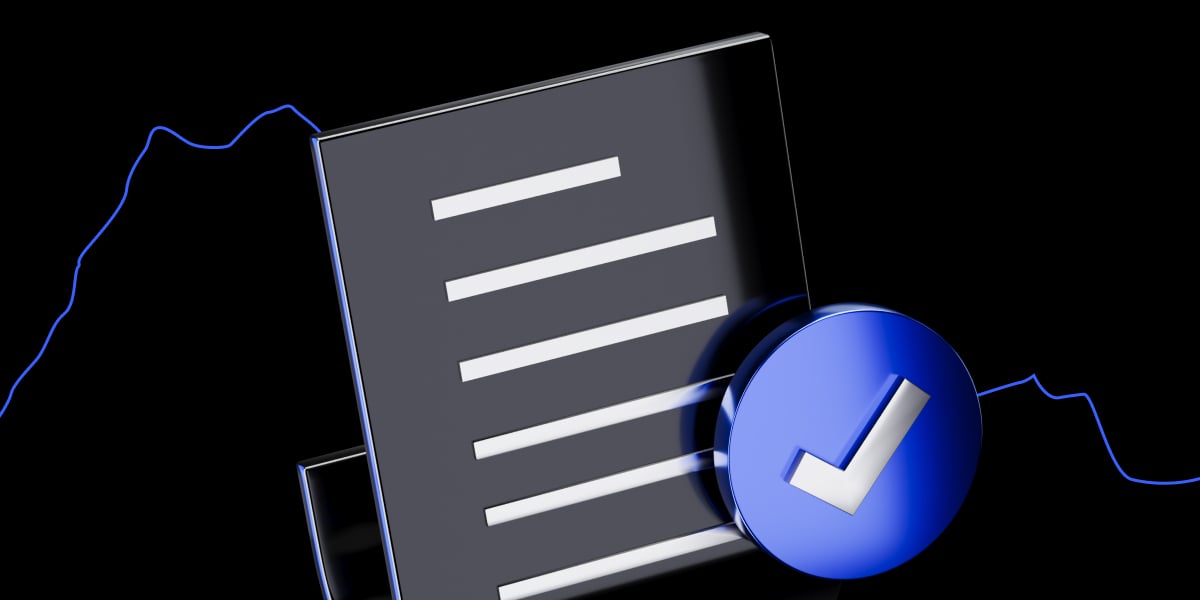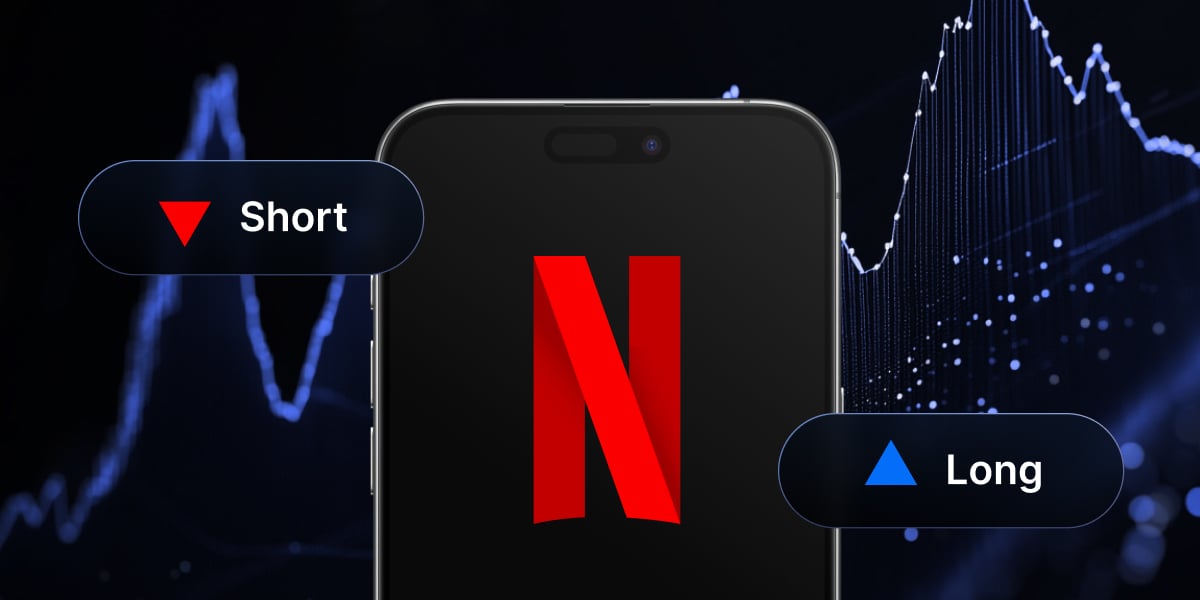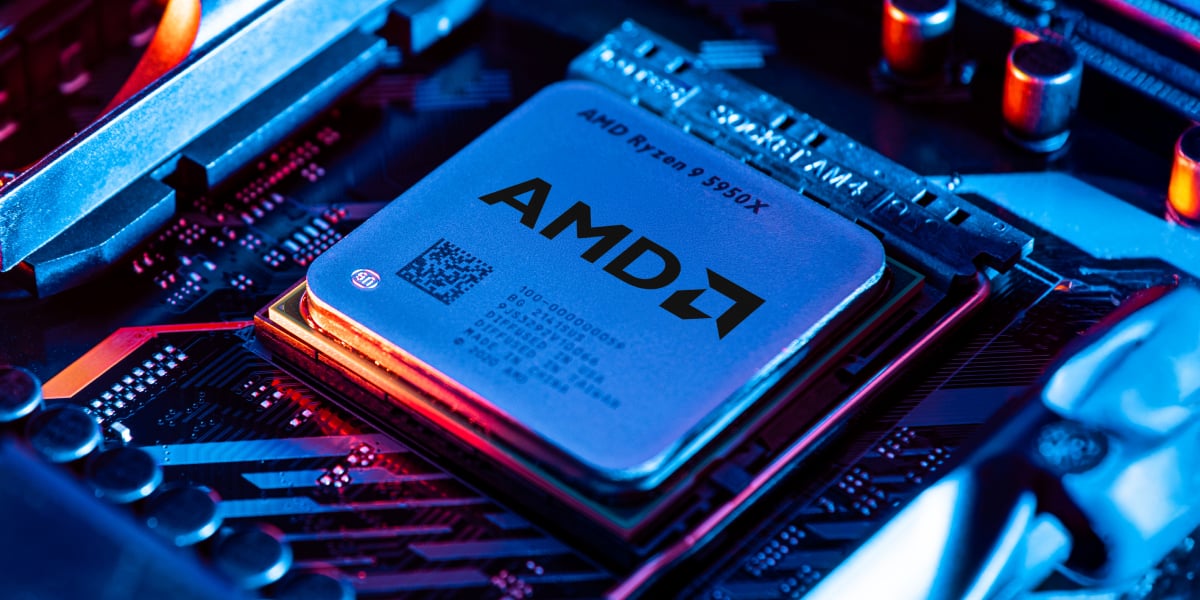As Web3 and blockchains continue to gain popularity, there are new acronyms that suddenly appear. The abbreviation “DAO” stands for “decentralized autonomous organization,” in which organizations in the crypto world operate under a shared goal. Members get an equal say in making decisions and potentially benefit financially. They are entirely decentralized organizations and therefore are best thought of as “pure democracy.”
What is a DAO?
A DAO, or “Decentralized Autonomous Organization,” is a community with no central authority. It’s fully autonomous and transparent, using smart contracts to lay down the foundational rules. Smart contracts also execute agreed-upon decisions, proposals, and voting and are so transparent that users can publicly audit the very code of the smart contract in most circumstances.
A DAO is governed by its members who collectively make decisions about the project’s future, such as upgrades and treasury allocations. In general, members create proposals about the future operations of the protocol and then come together to vote on each proposal. There is usually a predetermined amount of consensus that a proposal must achieve to be enacted, typically enforced by rules within the smart contract.
There is an alignment of incentives in this situation, as each individual’s interests are best served to be forthright in their voting and only to approve proposals that will help the ecosystem/protocol itself. The robust protocol will have more usage, thereby increasing the value of tokens that each member of the DAO holds. In other words, as a protocol succeeds, the token holders will inevitably succeed as well.
How does a DAO work?
The core community members establish the rules of a DAO through smart contracts. Smart contracts will lay out the framework by which the DAO operates. Smart contracts are well known, highly visible, completely verifiable, and publicly auditable, so anyone can fully understand how the protocol is supposed to function.
Once the rules are formally written onto the blockchain, the next step is funding. The DAO will need to determine how to receive funding and how to bestow governance to its members. This is more often than not achieved through issuing tokens, which the protocol sells tokens to raise funds and fill the treasury of the DAO.
Token holders are given certain voting rights, typically in proportion to their holdings of the native token. Once funding is completed, the DAO will be ready for deployment. Once the code is produced, it can no longer be changed by any other means than some type of consensus reached through member voting. In other words, no “central authority” can modify the rules of the DAO, meaning that the community has to make the decisions. One phrase that you can use is “direct democracy.”
DAOs are the ideal situation for most people that are attracted to crypto, as it allows for direct representation fairly and transparently. While the usage of DAOS is still in its infancy, there are seemingly limitless possibilities for the future.
What are DAOs used for?

DAOs are still very new, although many already exist. Some of the most visible examples include DASH, a cryptocurrency its users manage. MakerDAO is software that maintains a stable. Augur is a market platform used for predictions and decentralized gambling.
Some other use cases include the operation of social media platforms, such as the popular Steemit, or shared virtual worlds, such as Decentraland. As time marches on, more uses are appearing for this new technology.
Simply put, a DAO can be used for any organizational structure that needs to be decentralized. While not yet been used, there has been some discussion of potentially using DAOs for shareholder voting at corporate meetings and even political elections.
When were DAOs first created?
The first DAO was created by a German-based developer called Slock.it and was built on top of the Ethereum blockchain. It works to connect physical world transactions to the blockchain, enabling people to rent, sell, or share their property without an intermediary.
In early 2016, Slock.it wanted to find a way to raise money and came up with the solution of a decentralized autonomous authority simply called “The DAO.” It functions very much like a Kickstarter or GoFundMe campaign. However, the DAO allowed the investors to vote for decisions that the company makes down the road.
Shortly after that, it expanded into a decentralized version of a venture capital fund and held as much as 14% of the world’s Ethereum that existed at the time. This made it the most prominent crowdfunding in history as of 2016, as it had raised over $150 million worth of Ether from 11,000 members. However, by June of that year, the DAO was hacked and lost about $50 million worth of ETH at the time.
Disadvantages of DAOs
Like most things, DOAs aren’t perfect. They are a new technology that has attracted criticism due to concerns regarding their legality, security, and structure.
Some consider it wrong to trust the masses with critical financial decisions. MIT Technology Review stated in 2016 that it believes that having the masses decide essential financial decisions can lead to rash and emotional decisions, especially as anyone can cast a vote. In other words, they may not understand the issue at hand.
It’s worth noting that MIT has never changed this decision, at least not publicly. When “The DAO” was hacked, it raised security concerns because flaws and smart contracts are complicated to fix once launched, even if you know the exact problem.
Furthermore, DAOs can be distributed across many different jurisdictions, and there’s no clear legal framework for them in many places. If there were legal issues, those involved in the DAO may be required to get involved with numerous regional laws and what could be a messy legal battle.
In July 2017, the United States Securities and Exchange Commission released a report that stated The DAO sold securities in the form of tokens on the Ethereum blockchain without authorization. This meant that The DAO violated US securities laws. That said, we are still in the early days of DAOs, so make sure you pay close attention to rulings.
Examples of DAOs

Decentralized Autonomous Organizations have started to capture the imagination of crypto enthusiasts over the last few years and are now incorporated into many blockchain projects. One of the most common places to find a DOA is in the decentralized finance space. This allows the DeFi platform to become fully decentralized.
Numerous advanced DAOs are built on the Ethereum blockchain, including those responsible for launching cryptocurrency-backed stablecoins. Some of these were designed to slowly give away control of the project to become completely irrelevant one day. Token holders in these projects actively vote on governance proposals to hire new contributors; they will add new tokens as collateral for the coins and adjust other parameters that make the whole thing run.
MakerDAO is one of the most popular DAOs out there. It is a stablecoin protocol that uses the MKR token, which has been gaining value for some time. The MKR token allows for decentralized governance, allowing the Maker Protocol to function completely “hands-off” via smart contracts.
Augur is a DAO that allows betting on sports, economics, and more. Think of it as a “decentralized Las Vegas.” It will enable people to interact directly with each other and earn fees.
What will DAOs mean for the media and marketing industries?
If the majority of members involved in a DAO are convinced of something, they will have quite a bit of money or crypto to throw at a particular issue. If the majority of the group has been persuaded, it can represent a tidal wave of funding.
Some publishers have already begun to pitch DAOs on advertising opportunities such as events and other traditional media opportunities. Some DAOs have over $10 billion in their treasury, and media companies are starting to pay close attention.
An added value of a DAO is the ability to build a community, which represents a powerful alignment engine to destroy the categories of user or buyer, company or team, into a single group aligned and part of a community that cares about a specific experience or item. In other words, all of the actors are participating together.
Many envision a future where DAOs become powerful corporations that will advertise just as household names do now. Because of this, some media companies are already approaching these DAOs, as they can hold massive amounts of cash/crypto. This could offer vast amounts of opportunity for media companies going into the future, as DAOs will start competing with each other for inflows.
What is a DAO explained?
A DAO, or “Decentralized Autonomous Organization,” is a group of token holders in an ecosystem that may group decisions on the future of a protocol. It’s best thought of as “direct democracy” for crypto. All decisions are made by consensus, aligning the interests of everyone involved.
What is an example of a DAO?
DASH is an example of a DAO governed by the community. If a change is proposed in the ecosystem, it calls for a vote. If it passes, it will be automatically enacted via a smart contract. Conversely, if the proposal fails, the protocol remains unchanged. This allows the community to have governance and a say in the project's future viability.
Is DAO illegal?
DAOs are legal. Check your local authorities for restrictions. The SEC issued a report in 2016 that The DAO was guilty of issuing securities on the Ethereum blockchain, so these issues will continue to pop up as the legal framework is murky. As time goes on, there will more than likely be further rulings that begin to clarify how DAOs will operate. Make sure to follow the news for any significant changes.
How do I legally start a DAO?
While the restrictions may vary from country to country, you need to develop some type of corporation and then find the wallet, chat, voting software, and governance ideals. Then you need to raise venture capital to make it function. Depending on the DAO's size and use, it can be like setting up a small community or a massive corporation.
How does a DAO make money?
As a general rule, it comes down to the DAO becoming much more popular. In other words, it will attract more capital inflows the more use the network has. If you are a holder of tokens, they become much more valuable if more people try to use the same ecosystem. However, if the protocol does not attract enough traffic, the native token can lose value.
The content provided here is for informational purposes only. It is not intended as personal investment advice and does not constitute a solicitation or invitation to engage in any financial transactions, investments, or related activities. Past performance is not a reliable indicator of future results.
The financial products offered by the Company are complex and come with a high risk of losing money rapidly due to leverage. These products may not be suitable for all investors. Before engaging, you should consider whether you understand how these leveraged products work and whether you can afford the high risk of losing your money.
The Company does not accept clients from the Restricted Jurisdictions as indicated in our website/ T&C. Some services or products may not be available in your jurisdiction.
The applicable legal entity and its respective products and services depend on the client’s country of residence and the entity with which the client has established a contractual relationship during registration.




